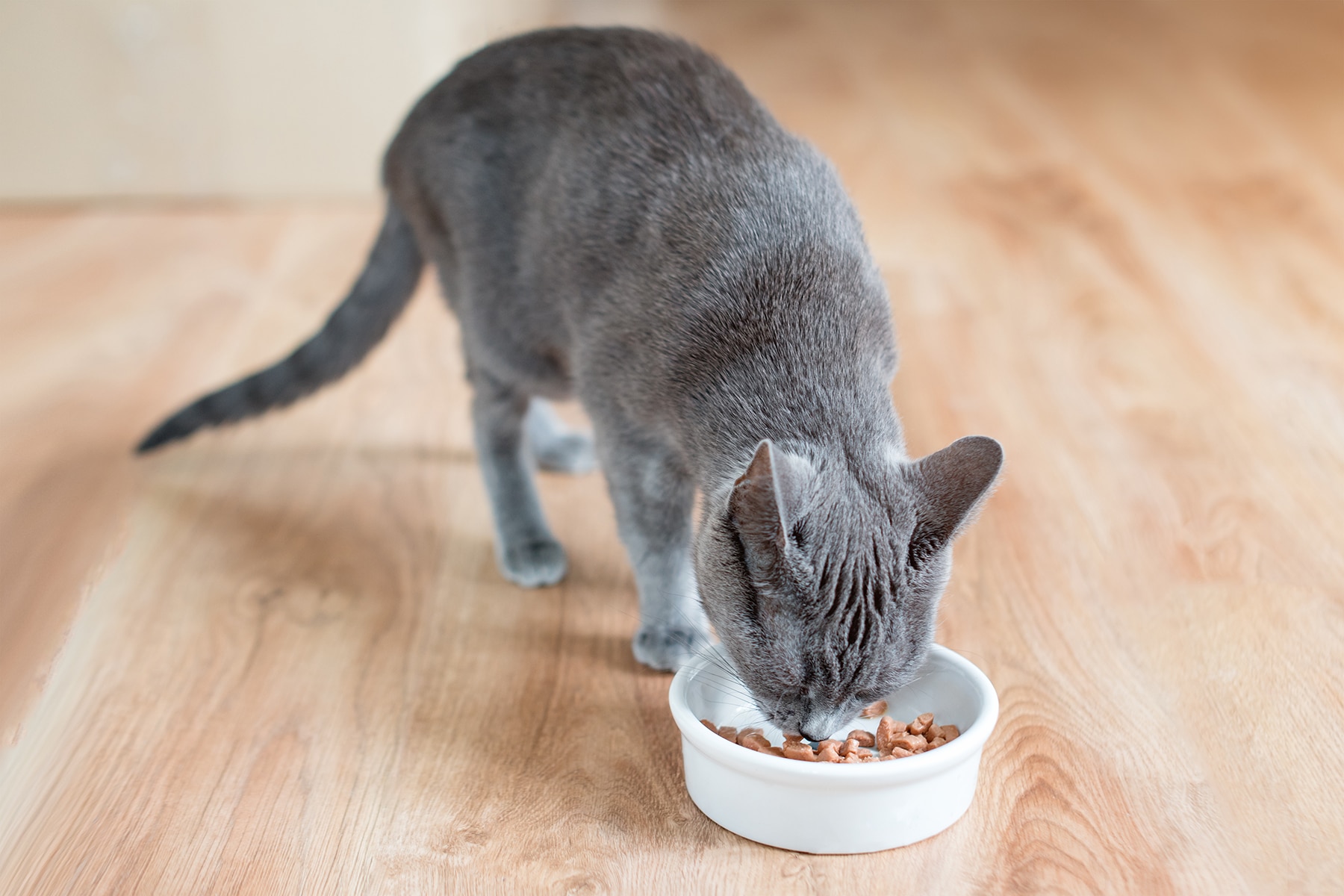How to Find The Right Diet For Your Pet’s Age And Breed

A poor diet can lead to various health issues, such as obesity, malnutrition, digestive problems, and a weakened immune system. On the other hand, a well-balanced diet appropriate for your pet’s specific needs can enhance their vitality, support their growth, and prevent numerous diseases. Ensuring your pet receives the right nutrients can significantly improve their quality of life and longevity.
Why is Diet Important for Pets?
Nutritional Requirements for Different Life Stages: Puppies and kittens require diets rich in proteins and fats to support rapid growth and development. Adult pets need balanced nutrition to maintain their health and energy levels, while senior pets benefit from diets that support joint health and manage age-related conditions. Tailoring their diet to their specific life stage ensures they receive the essential nutrients needed for optimal health at every phase of their lives.
Impact on Overall Health and Wellbeing: The right balance of nutrients helps maintain healthy skin and coat, supports muscle development, and ensures strong bones and teeth. Additionally, a well-nourished pet tends to have higher energy levels, better cognitive function, and a more robust immune system. The appropriate diet can enhance their pets’ quality of life and contribute to their happiness and vitality.
Role in Disease Prevention: Proper nutrition can help manage weight, reducing the risk of obesity-related conditions such as diabetes and heart disease. Diets tailored to specific health concerns, such as renal support diets for pets with kidney issues or hypoallergenic diets for those with food sensitivities, can significantly improve their health outcomes.
Signs of a Poor Diet in Pets
- Physical Signs: Pets may develop a dull, brittle coat and experience significant weight loss or gain. Lethargy or a noticeable decrease in energy levels is also common, indicating that the pet is not receiving adequate nutrition to sustain their activity.
- Behavioral Changes: Animals on an inadequate diet may become irritable, less playful, or show signs of anxiety. They might also exhibit unusual eating habits, such as excessive begging or loss of appetite.
- Digestive Issues: Pets may suffer from frequent diarrhea, vomiting, or constipation. These symptoms suggest that their current food is not being properly digested or absorbed, leading to discomfort and potential long-term health issues.
- Long-Term Health Problems: Your pet may become obese, increasing their risk of diabetes, heart disease, and joint problems. Conversely, malnutrition can result in stunted growth, weakened immune systems, and increased susceptibility to infections and diseases.
Tips for Finding the Right Food for Your Pet
Consider Age and Life Stage
Choosing the right food for your pet starts with considering their age and life stage. Puppies and kittens need nutrient-dense food to support their rapid growth, while adult pets require a balanced diet to maintain health. Senior pets benefit from diets that address age-related concerns like joint health and lower activity levels.
Breed-Specific Needs
Different breeds have unique dietary requirements. Large breeds may need food that supports joint health and growth control, while small breeds often require calorie-dense diets to match their fast metabolism. Understanding your pet’s breed-specific needs helps ensure they receive optimal nutrition.
Reading Pet Food Labels
Learning to read pet food labels is essential for selecting the right diet. Look for high-quality protein sources, and a balance of essential nutrients. Avoid foods with artificial additives and low-quality ingredients. Labels provide insight into the nutritional content and quality of the food.
Consulting with a Veterinarian
Your veterinarian is a valuable resource for dietary advice. They can recommend specific brands and formulations based on your pet’s health status, age, and breed. Regular check-ups allow for adjustments to your pet’s diet as needed, ensuring they receive the best possible nutrition.
Transitioning to a New Diet
When switching your pet to a new diet, do so gradually to avoid digestive upset. Start by mixing a small amount of the new food with their current diet, gradually increasing the proportion over a week or two. Monitor your pet for any adverse reactions and consult your veterinarian if you notice any issues.
Schedule a Veterinary Nutritional Consultation in Huntsville, AL
Whether you need advice on choosing the right food or adjusting your pet’s diet for specific health needs, we’re here to support you. Contact us today to schedule a nutritional consultation at South Huntsville Veterinary Hospital in Huntsville, AL. Our team will work with you to understand your pet’s needs and develop a treatment plan based on their unique situation.

Dr. Wesley Clendinen, DVM
Dr. Wesley Clendinen, DVM, is the owner and founder of South Huntsville Veterinary Hospital. A proud native of Tallahassee, Florida, Dr. Clendinen earned his B.S. in Animal Sciences with honors from Auburn University College of Agriculture and graduated magna cum laude from Auburn University College of Veterinary Medicine. With a background spanning private practice, academia, and research, he is dedicated to lifelong learning and upholding the highest standards of veterinary care.
